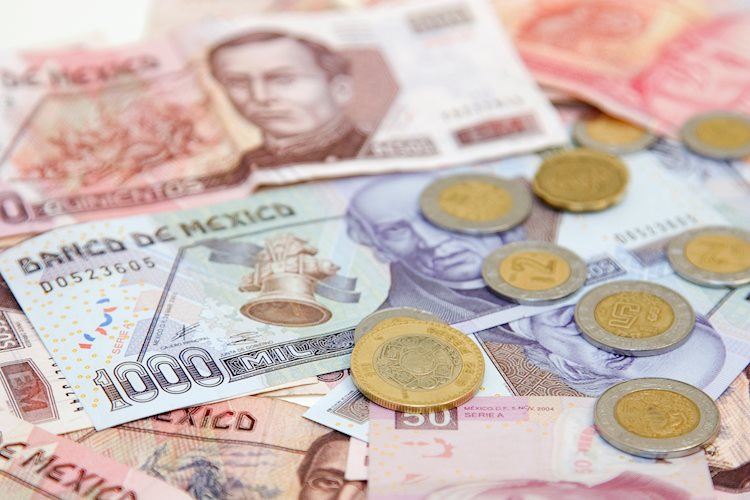Chinese scientists have successfully cloned three “super cows” that can produce an extraordinarily high amount of milk, state media reported, hailing it as a breakthrough for China’s dairy industry to reduce its dependence on imported breed cows.
The three cows, bred by scientists at the Northwest University of Agricultural and Forestry Sciences and Technology, were born in the Ningxia region in the weeks leading up to the Lunar New Year on January 23, state-owned newspaper Ningxia Daily reported.
They were cloned from highly productive Holstein Friesian cows originally from the Netherlands. The chosen animals are capable of producing 18 tons of milk per year, or 100 tons of milk throughout their lives.
That’s nearly 1.7 times the amount of milk produced by average cows in the United States in 2021, according to the US Department of Agriculture.
The first of the cloned cows was born on Dec. 30 by caesarean section due to their relatively large size of 56.7 kg, an official from Wulin City in Ningxia told the state-run Technology Daily newspaper.
Scientists created 120 embryos cloned from the ear cells of highly productive cows and placed them in surrogate cows, according to Technology Daily.
Jin Yaping, the project’s lead scientist, called the birth of the “super cows” a “breakthrough” that allows China to preserve the best cows “in an economically viable way”, reported the state-run Global Times newspaper.
Only 5 out of 10,000 cows in China can produce 100 tons of milk in their lifetime, making them a valuable resource for reproduction. But some highly productive cows aren’t identified until late in their lives, making them difficult to breed, Jin said.
Up to 70% of China’s dairy cows are imported from abroad, according to the Global Times.
“We plan to take two to three years to build a herd of more than 1,000 ‘super cows’, as a solid foundation to deal with China’s dependence on foreign dairy cows and the risk of being ‘stifled’ [devido a interrupções na cadeia de suprimentos]”, Jin told the newspaper.
In many countries, including the United States, farmers create clones with conventional animals to add desirable traits, such as high milk production or disease resistance, to the gene pool.
China has made significant progress in animal cloning in recent years.
Last year, a Chinese animal cloning company created the world’s first cloned Arctic wolf.
In 2017, Chinese scientists said they had produced cloned cattle with greater resistance to bovine tuberculosis, a risk for cattle in many countries.
Source: CNN Brasil
Bruce Belcher is a seasoned author with over 5 years of experience in world news. He writes for online news websites and provides in-depth analysis on the world stock market. Bruce is known for his insightful perspectives and commitment to keeping the public informed.






.jpg)